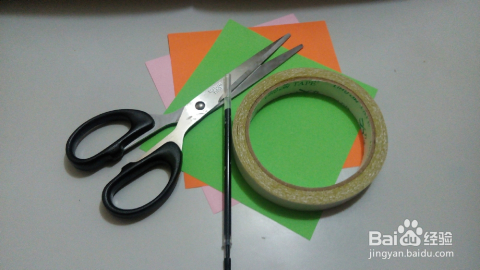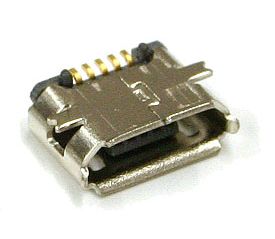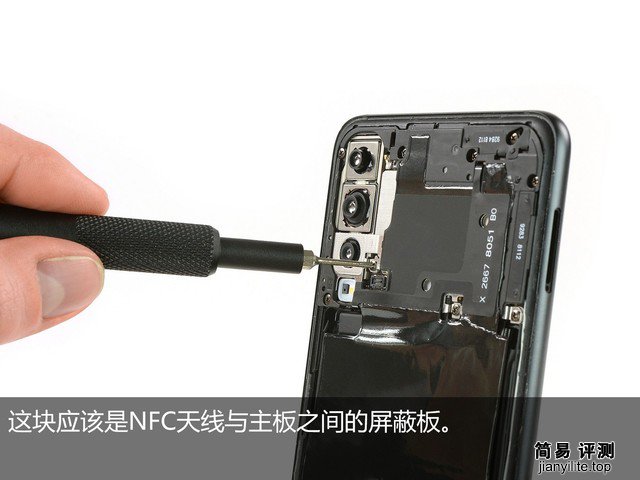摘要:,,本文介绍了手工电器简单配件加工的数据驱动实施策略。重点解释了决策资料中的定义和解释,涉及手工电器领域的加工技术和流程。通过数据分析和应用,优化加工过程,提高产品质量和生产效率。内容涵盖手工电器配件加工的现状、挑战及解决方案,旨在推动行业向数据驱动的智能化发展。
In today's fast-paced industrial landscape, the integration of traditional craftsmanship with modern technology remains a pivotal aspect of innovation. The realm of handcrafted electrical devices is a prime example of this intersection, where the meticulous attention to detail and skilled craftsmanship merge with the precision of engineering and technology. One significant aspect of this domain involves simple component processing, which forms the backbone of device functionality and performance. This article will explore the concept of simple component processing in手工电器制造, and how a data-driven implementation strategy can enhance the efficiency and quality of the manufacturing process.
In the realm of手工电器制造, simple component processing is an integral part of the overall production process. It involves the meticulous assembly and integration of various electrical parts, ensuring their compatibility and performance within the final product. This processing often requires skilled craftsmanship to ensure precision and accuracy, as each component plays a vital role in determining the device's overall performance and reliability.
The advent of technology has transformed the landscape of manufacturing, introducing innovative techniques and strategies to enhance productivity and quality. One such approach is the implementation of a data-driven strategy in simple component processing. By leveraging data analytics and insights, manufacturers can streamline the processing operations, improve component quality, and optimize the overall manufacturing process.
A data-driven implementation strategy in手工电器制造 focuses on collecting and analyzing data generated during the processing phase. This data includes various metrics such as component performance, processing efficiency, defects encountered, and more. By analyzing these data points, manufacturers can identify bottlenecks and areas for improvement within the processing operations.
For instance, by analyzing the data related to component performance, manufacturers can identify specific components that require re-engineering or replacement due to frequent defects or sub-optimal performance. This insight helps in optimizing the supply chain, ensuring the availability of high-quality components that can enhance the overall performance of the device. Additionally, analyzing data on processing efficiency can help identify inefficiencies in the manufacturing process, enabling manufacturers to implement changes that can increase productivity and reduce costs.
Moreover, a data-driven strategy also enables manufacturers to implement predictive analytics in simple component processing. By analyzing historical data and patterns, manufacturers can predict potential issues or defects before they occur, enabling proactive measures to be taken to address them. This predictive approach helps in minimizing downtime, reducing rework, and enhancing the overall efficiency of the manufacturing process.
Furthermore, with the help of advanced technologies like machine learning and artificial intelligence, manufacturers can further automate the simple component processing operations. By leveraging these technologies, manufacturers can streamline the processing operations, reduce human intervention, and enhance the overall precision and accuracy of the process. This automation not only improves productivity but also ensures consistency in quality across all components processed.
In conclusion, a data-driven implementation strategy in simple component processing of手工电器制造 is a pivotal step in enhancing the efficiency and quality of the manufacturing process. By leveraging data analytics and insights, manufacturers can identify bottlenecks and areas for improvement, optimize supply chain operations, implement predictive analytics, and further automate the processing operations. This strategic approach helps in bridging the gap between traditional craftsmanship and modern technology, ensuring the continued innovation and growth of手工电器制造 industry. With a focus on data-driven strategies, manufacturers can ensure the meticulous attention to detail and skilled craftsmanship merge with precision engineering and technology to create exceptional handcrafted electrical devices that meet the evolving needs of consumers.




 京ICP备2022001530号-1
京ICP备2022001530号-1
还没有评论,来说两句吧...